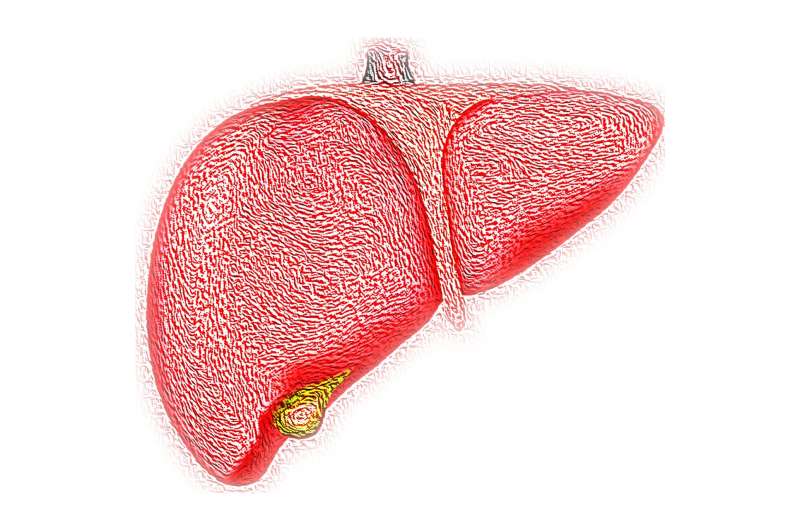New Protein Target Offers Hope for Obesity and Heart Disease Treatment

Researchers have identified a protein that suppresses brown fat activity, offering new possibilities for treating obesity and cardiovascular diseases by enhancing metabolic health.
Recent research from the University of Barcelona has uncovered a promising new target for tackling obesity and cardiovascular diseases—an identified protein that suppresses brown adipose tissue activity. Brown fat, known for its ability to burn calories and generate body heat through thermogenesis, plays a crucial role in metabolic health. However, its activity tends to decline with age and obesity, contributing to metabolic dysfunction.
The study, published in Molecular Metabolism, was led by Professor Francesc Villarroya and focuses on a molecule called ACBP (Acyl CoA-binding protein). Traditionally associated with lipid metabolism, this protein has now been found to act as a repressor of brown fat activity in animal models. Under normal conditions, ACBP helps regulate when brown fat should be active, such as in cold environments, but it may also be involved in the age-related and obesity-related decline of brown fat function.
This discovery shifts traditional research perspectives that mostly aimed to identify factors that activate brown fat. Instead, understanding how ACBP suppresses its activity opens new pathways for therapeutic interventions. Inhibiting this repressor could potentially restore brown fat activity, promoting fat burning and heat production, which could be beneficial for obesity management.
Furthermore, the repressor role of ACBP has implications beyond metabolic health. In certain cancers, brown adipose tissue becomes overactive, leading to energy wasting and cachexia. Therefore, manipulating this protein might also offer novel approaches for cancer-related muscle wasting.
Additionally, environmental factors such as global warming are influencing brown fat activity by reducing its activation in warmer climates. Understanding the molecular mechanisms underpinning brown fat suppression, especially the role of ACBP, could help develop strategies to counteract these effects and promote healthier lifestyles.
Overall, this research provides a deeper understanding of brown adipose tissue regulation and holds promise for new treatments targeting metabolic, cardiovascular, and even cancer-related conditions.
Source: https://medicalxpress.com/news/2025-06-protein-treatment-obesity-cardiovascular-disease.html
Stay Updated with Mia's Feed
Get the latest health & wellness insights delivered straight to your inbox.
Related Articles
The Role of Practice Nurses in Enhancing Contraception and Abortion Access in Australia
New research emphasizes the potential of practice nurses to improve access to contraception and abortion services in Australia through better training, policy support, and expanded roles in primary care.
New Enzyme-Targeting Medication Shows Promise in Reversing Fatty Liver Damage
A new investigational drug targeting the liver enzyme DGAT2 shows promise in reversing damage caused by metabolic fatty liver disease, offering hope for early treatment and disease reversal.
Cancer Cells Enhance Energy Production to Survive Mechanical Stress and DNA Damage
Scientists discover that cancer cells rapidly boost energy production through mitochondria to survive mechanical stress and repair DNA damage, unveiling new therapeutic targets in tumor invasiveness.
Night Shift Work and Its Impact on Women's Reproductive Health
New research shows that night shift work may increase risks of irregular periods, hormonal imbalances, and pregnancy complications. Learn how circadian disruptions impact women's reproductive health.



